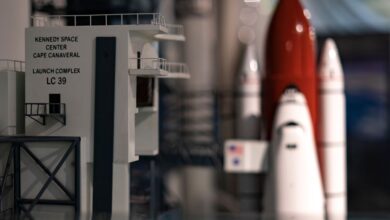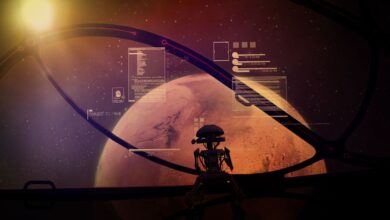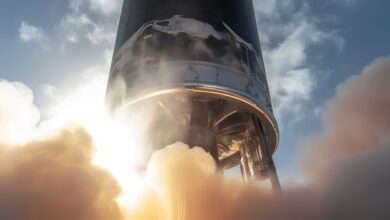Rocket Lab Accelerates U.S. Defense Capabilities with $275M Acquisition of Geost

$RKLB
Rocket Lab Corporation (NASDAQ:RKLB), a prominent player in the space industry, has announced a significant expansion into the satellite payload market with its recent agreement to acquire Geost, LLC. The acquisition, valued at $275 million, involves a mix of cash and stock, with an additional potential earnout of up to $50 million based on revenue targets.
The acquisition is expected to close in the second half of 2025, subject to customary closing conditions. It will add significant assets to Rocket Lab’s portfolio, including Geost’s product inventory, intellectual property and manufacturing facilities in Tucson and northern Virginia.
Additionally, the integration of Geost’s 115 skilled professionals will increase Rocket Lab’s total workforce to over 2,600 employees, spread across multiple facilities in the United States and abroad.
Geost, a Tucson, Arizona-based company, specializes in developing electro-optical and infrared (EO/IR) payloads for satellites. These technologies are crucial for a range of applications, including missile warning and tracking, surveillance and space domain awareness. By integrating Geost’s capabilities, Rocket Lab aims to bolster its end-to-end space solutions, particularly for US national security.
This strategic move not only strengthens Rocket Lab’s position as a comprehensive space service provider but also aligns with the US Department of Defense’s goals for resilient space architectures. Rocket Lab’s founder and CEO, Sir Peter Beck, emphasized the transformative impact of the acquisition, stating that it positions Rocket Lab to deliver more secure, responsive and cost-effective systems at scale.
Established itself as a key player in the space sector since its first orbital launch in 2018, the company has been involved in various missions, including those for NASA and has plans for future ventures to the Moon, Mars and Venus. Rocket Lab’s growth trajectory highlights its commitment to innovation and its ability to adapt to the evolving demands of space technology and exploration.
**DISCLAIMER: THIS CONTENT IS FOR INFORMATIONAL PURPOSES ONLY AND SHOULD NOT BE INTERPRETED AS INVESTMENT ADVICE. INVESTING INVOLVES RISK, INCLUDING THE POTENTIAL LOSS OF PRINCIPAL. READERS ARE ENCOURAGED TO CONDUCT THEIR OWN RESEARCH AND CONSULT WITH A QUALIFIED FINANCIAL ADVISOR BEFORE MAKING ANY INVESTMENT DECISIONS.**



